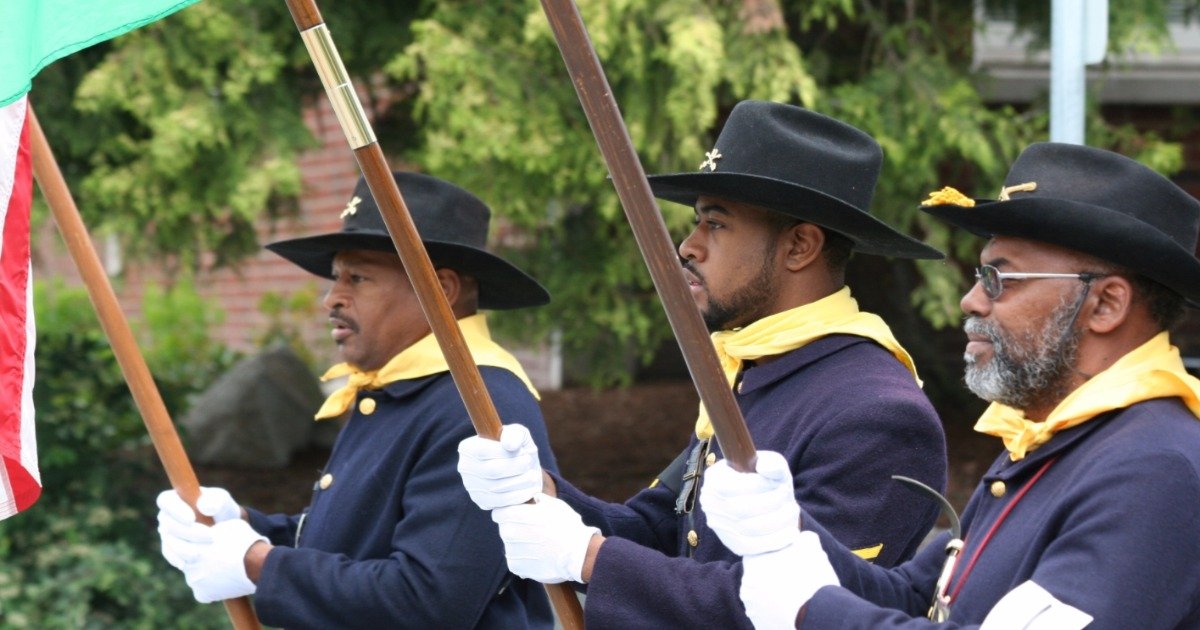“Juneteenth” may sound like a fun, made up word, but the national holiday, also known as Emancipation Day, is an important memorial holiday created to remember America’s dark history.
With so many holidays to celebrate in America, it may seem like a chore to learn of one more. But unlike so many of the do-nothing holidays we celebrate in America for basically no reason at all, Juneteenth deserves our attention most of all.
Emancipation Day commemorates the day when the majority America’s black slave population was freed in belated response to the Emancipation Proclamation.
Though President Abraham Lincoln had signed the proclamation more than two years previously, it was not until June 19, 1865 that Major Gen. Gordon Granger arrived in Galveston, Texas to inform the farmers and townspeople that the proclamation had been signed. With that news, the reluctant community was ordered to release their black property from service.
Though it would take many years for all of those enslaved to be actually released from their bondage, this day marks the moment that America began to official recognize Black Americans not as chattel, but as human beings.
Most slaves had no idea that the president had freed them years before, and their owners often waited until the year’s harvest had been collected, or even longer, to inform their slaves that they were no longer property.
Of course being free of slavery did not make Black Americans equal, free citizens. For decades, they continued to be subject to mistreatment, prejudice, murder, and hatred. Their children, while not kept in bondage or bought and sold, were told where they could eat and which jobs they could have. Their children’s children were strung up for being too close to a white woman, or were subject to violent assault by well-trained police dogs. Their children’s children’s children are here today, still watching their brothers and sisters being slain by police as a man who openly hates them now leads the nation.
Still, communities across the nation are celebrating Juneteenth today and over the past weekend to remember the struggles of their relatives and how far we really have come.
Today, as we mourn the lack of justice for Philando Castile or read mournfully about the slaying of a black mother at the hands of yet another police force, the historical meaning of Juneteenth takes on an entirely new shade.

